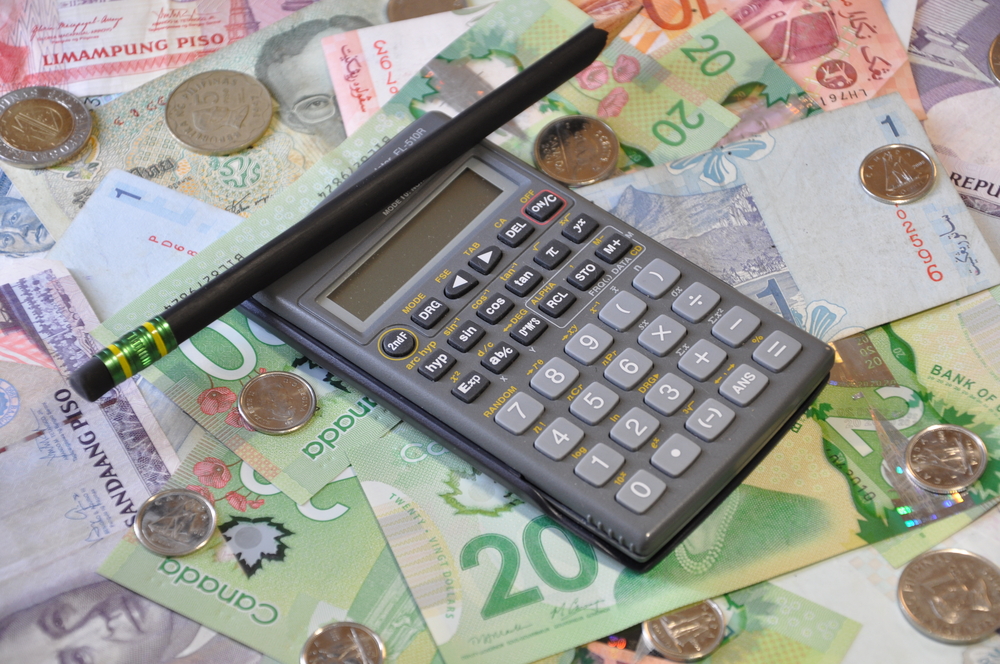VANCOUVER — British Columbia announced plans Thursday to increase its minimum wage by 20 cents — the first change in three years — while introducing a system to manage the perennial debate over how much the province’s lowest-paid workers should receive.
The minimum wage will increase in September to $10.45. The figure was determined by indexing the rate to B.C.’s consumer price index, which will now be used to set future increases.
A separate minimum wage for workers who serve alcohol will rise to $9.20, up from $9.
The province last increased its minimum wage in 2011 after a decade without any changes, and just as they did then, labour unions and anti-poverty advocates dismissed the announcement as paltry.
Business coalitions, on the other hand, commended the government for providing them with predictability for years ahead.
The new plan is revealing substantial differences between how both sides believe poverty should be alleviated in the province
Last fall, an all-party finance committee recommended the government specifically examine the minimum wage to address poverty.
Bond said the wage as just one among a list of government announcements aimed at raising the standard of living for low-income earners.
Last month’s budget ended the practice of clawing back income assistance payments to some single parents. Earlier this week, the government increased the amount someone on welfare can earn and introduced a program to allow single parents to stay on income assistance while training for a job.
“We are also doing a number of other things that will support these families moving forward,” she told reporters in Victoria, noting the move was more designed to inject certainty for the business community.
“So it was in the context of the bigger agenda.”
Bond said the government is implementing policies it expects will help the economy over the next several years, which she predicted would mean the consumer price index would increase and the minimum wage would continue to rise.
B.C. Federation of Labour president Irene Lanzinger, whose group has called for a $15 minimum wage, described Thursday’s announcement as “pathetic.” She said the new rate equates to thousands of dollars below the poverty line and will only serve to index poverty.
“It will entrench it,” she said, noting B.C. remains among the only provinces without a comprehensive poverty-reduction plan.
“Your salary should be enough to pay rent, buy nutritious food and have enough left over to enrol your kids in sports.”
She said many studies have dispelled the notion that raising the wage will hurt the economy, because instead it puts money in workers’ pockets to spend in their community.
Labour historian Mark Leier said the increase might buy a couple sandwiches per week in the Vancouver area, which has one of the highest costs of living in Canada.
“This does nothing, really, to help people cope,” said Leier, who teaches at Simon Fraser University.
“It’s typical of this Liberal government and typical of this premier … that they are paying attention to a very small segment of this province, people who run businesses.”
The government says about 110,000 people currently earn minimum wage. Leier said that doesn’t account for swaths of the population earning only incrementally higher salaries, or service industry workers whose tips may not be distributed fairly.
But Richard Truscott, the vice-president of Canadian Federation of Independent Business, said he lobbied the government to “reframe the debate” about dealing with poverty.
The minimum wage is a “very blunt instrument” for helping people at lower income levels, said Truscott. He repeated a common argument that boosting the rate too far and fast would slash jobs and earnings.
“There are things we can and should be doing to help those people find better paying jobs. That’s the real way that you lift people out of poverty.”
The province’s minimum wage sat at $8 for a decade before the government increased in three phases beginning in 2011.
Minimum wages across the country range from $10.20 in Alberta and Saskatchewan to the Northwest Territories’s planned increase to $12.50, which is set for June.
